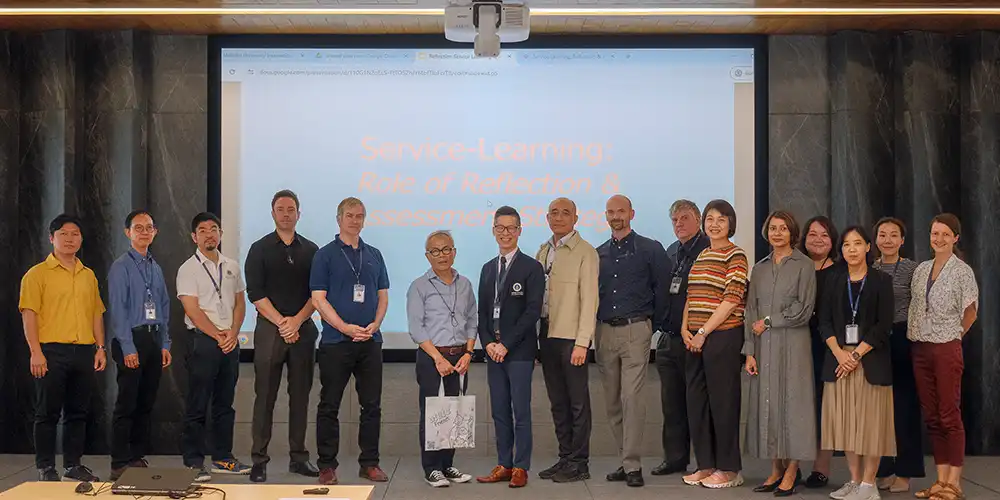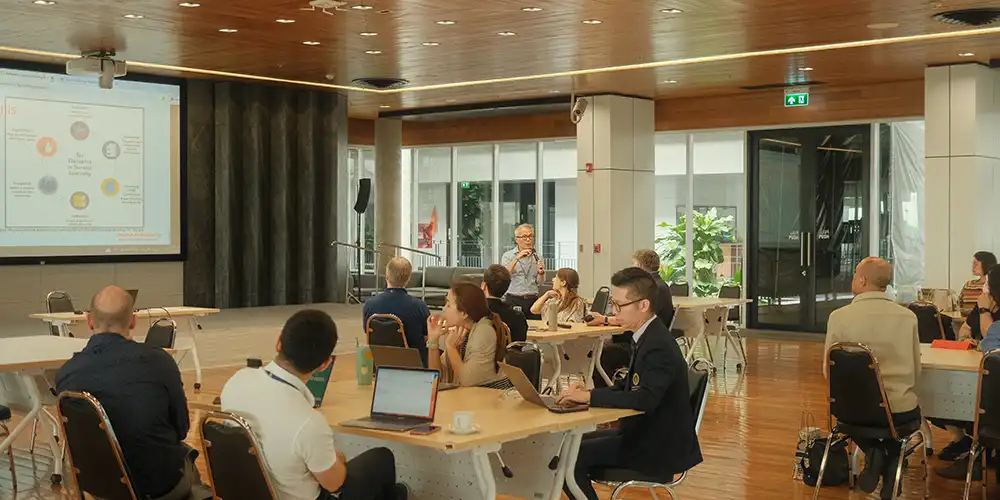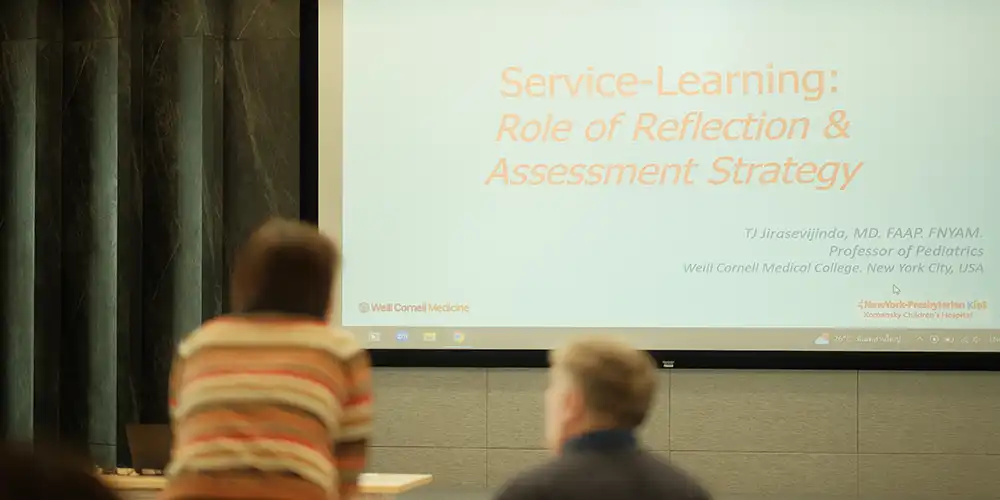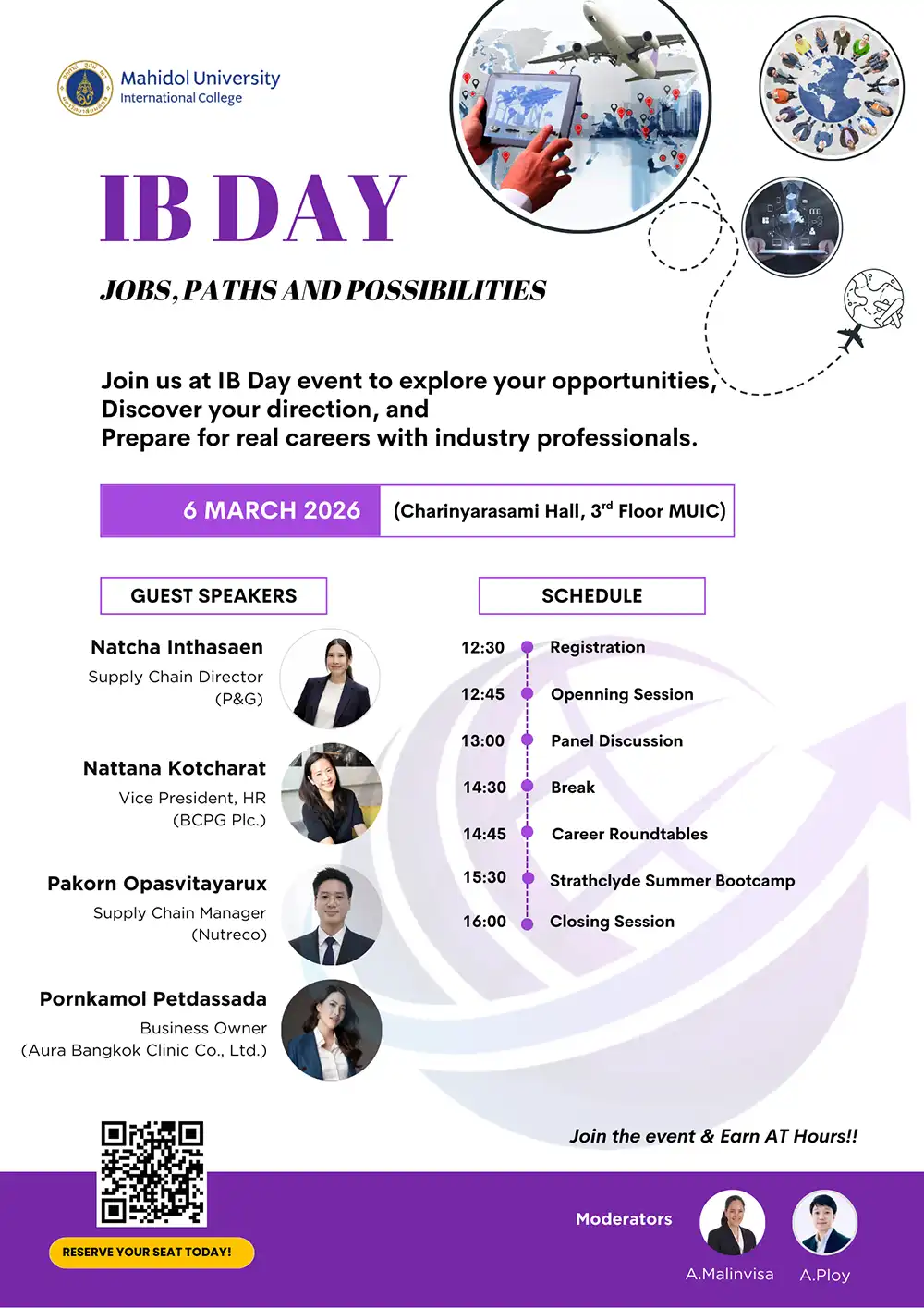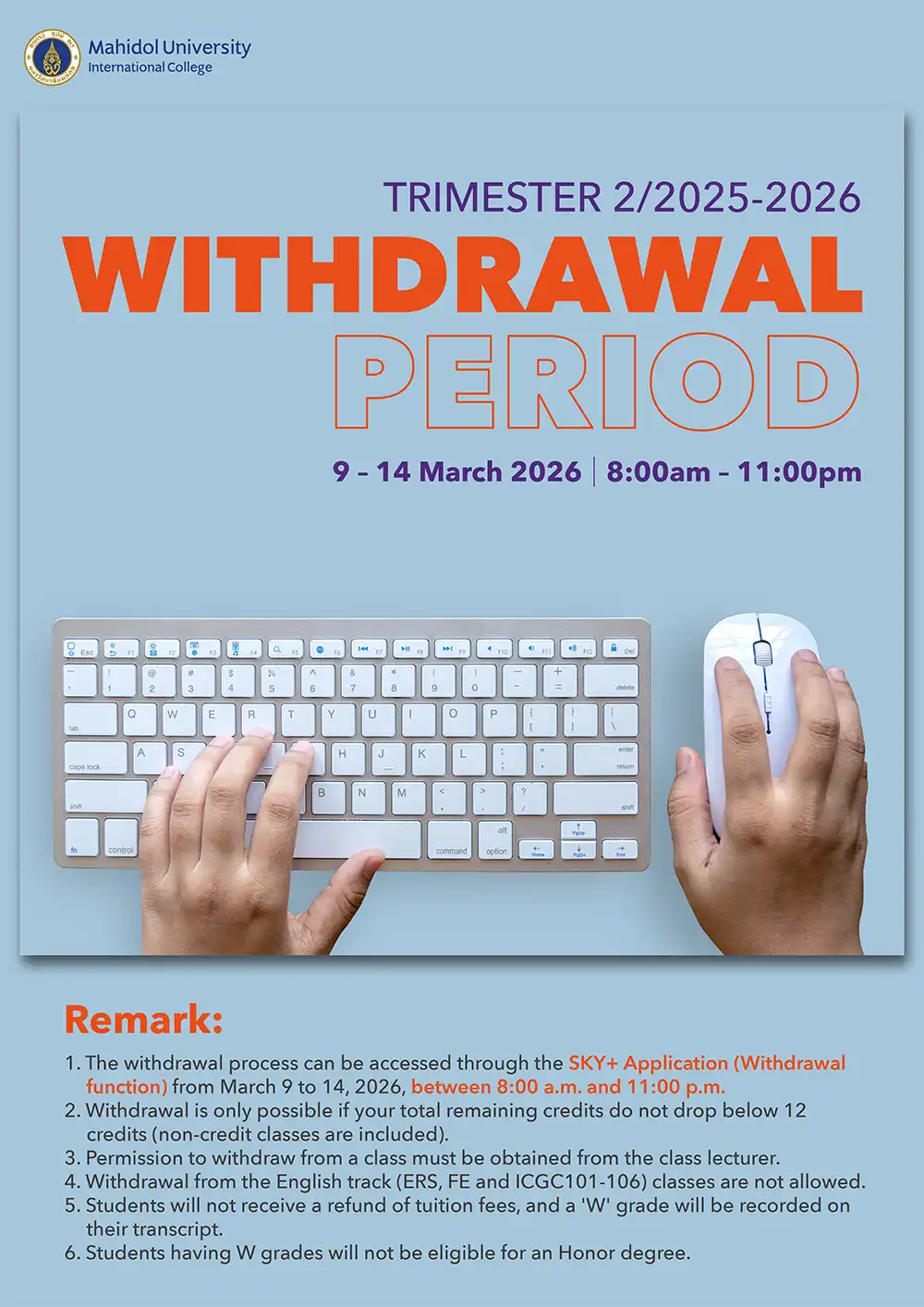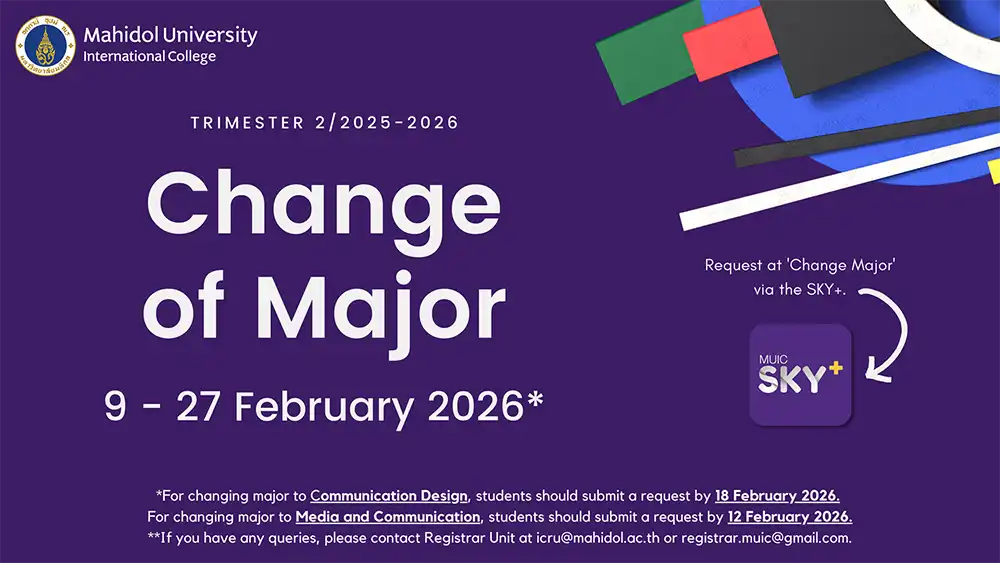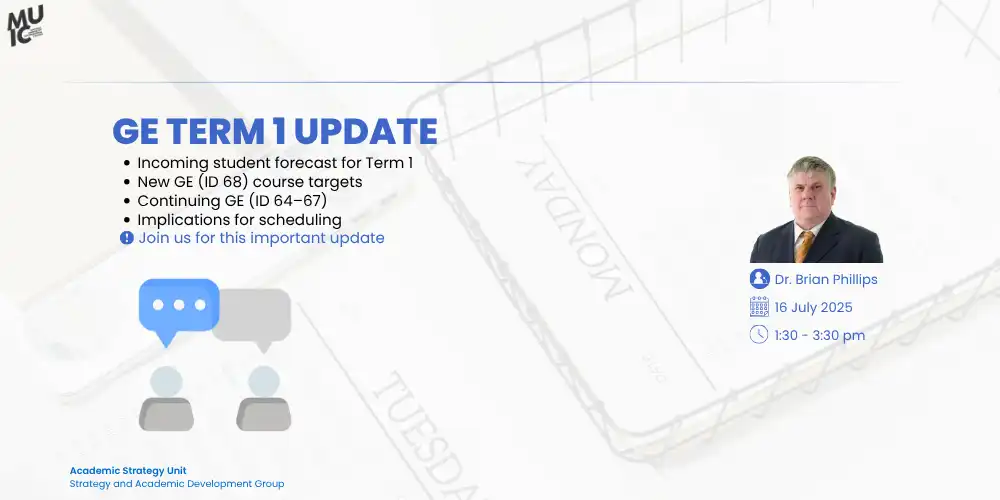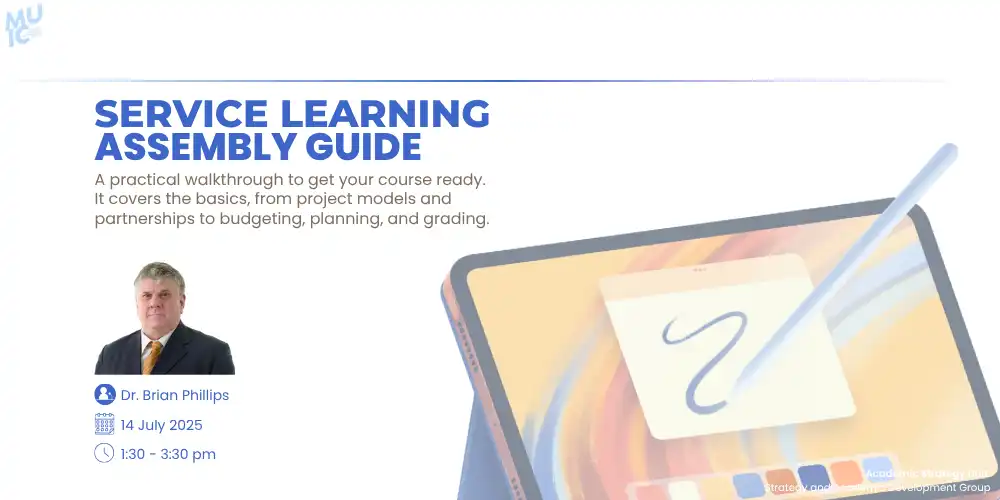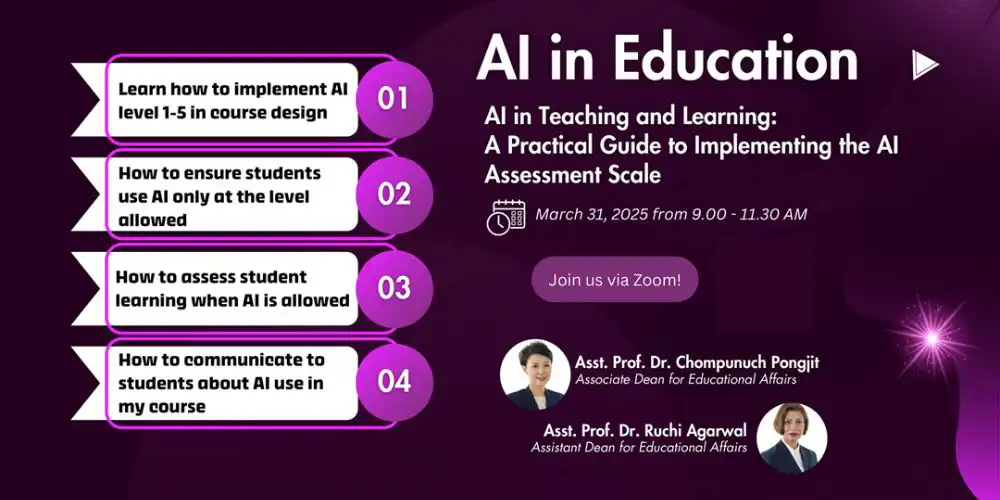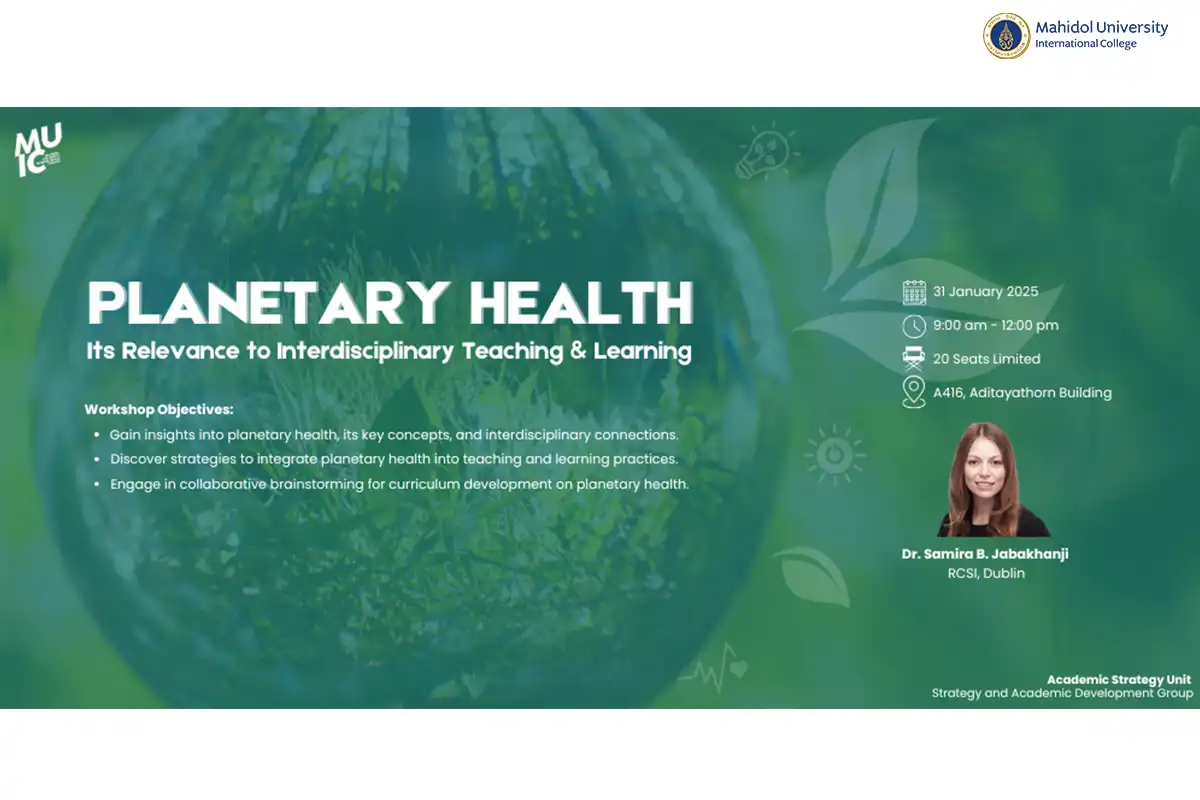Enhancing Learning Through Reflective Essays
November 8, 2024 2024-12-02 14:17Enhancing Learning Through Reflective Essays
Title: Enhancing Learning Through Reflective Essays
Date & Time: Friday, 8 November 2024, from 9:00 am to 12:00 pm
Venue: Charinyarasmi Hall, Aditayathorn Building
Conductors: Prof. Thanakorn Jirasevijinda, M.D.
The Strategy and Academic Development Group recently hosted a workshop on “Enhancing Learning Through Reflective Essays,” led by Prof. Thanakorn Jirasevijinda, M.D. This session explored how to integrate reflective essays into the curriculum and assess student learning effectively.
Reflective essays can significantly enhance student learning by encouraging self-reflection and critical thinking. By connecting theory to practice, they promote holistic development, including skills like problem-solving and empathy. It aligns well with approaches like service learning, where students can analyze their experiences and develop a deeper understanding of societal issues.
To effectively integrate reflective essays into the curriculum, educators should align them with course objectives and provide meaningful prompts, such as double-entry journals or narrative techniques. These essays can be used across disciplines to foster critical thinking and empathy and in service-learning to bridge the gap between theory and real-world practice. Educators should use clear criteria and transparent grading processes when assessing reflective essays effectively. By evaluating the depth and scope of student reflections, educators can provide valuable feedback and monitor progress. When integrated thoughtfully and assessed effectively, reflective essays can significan
